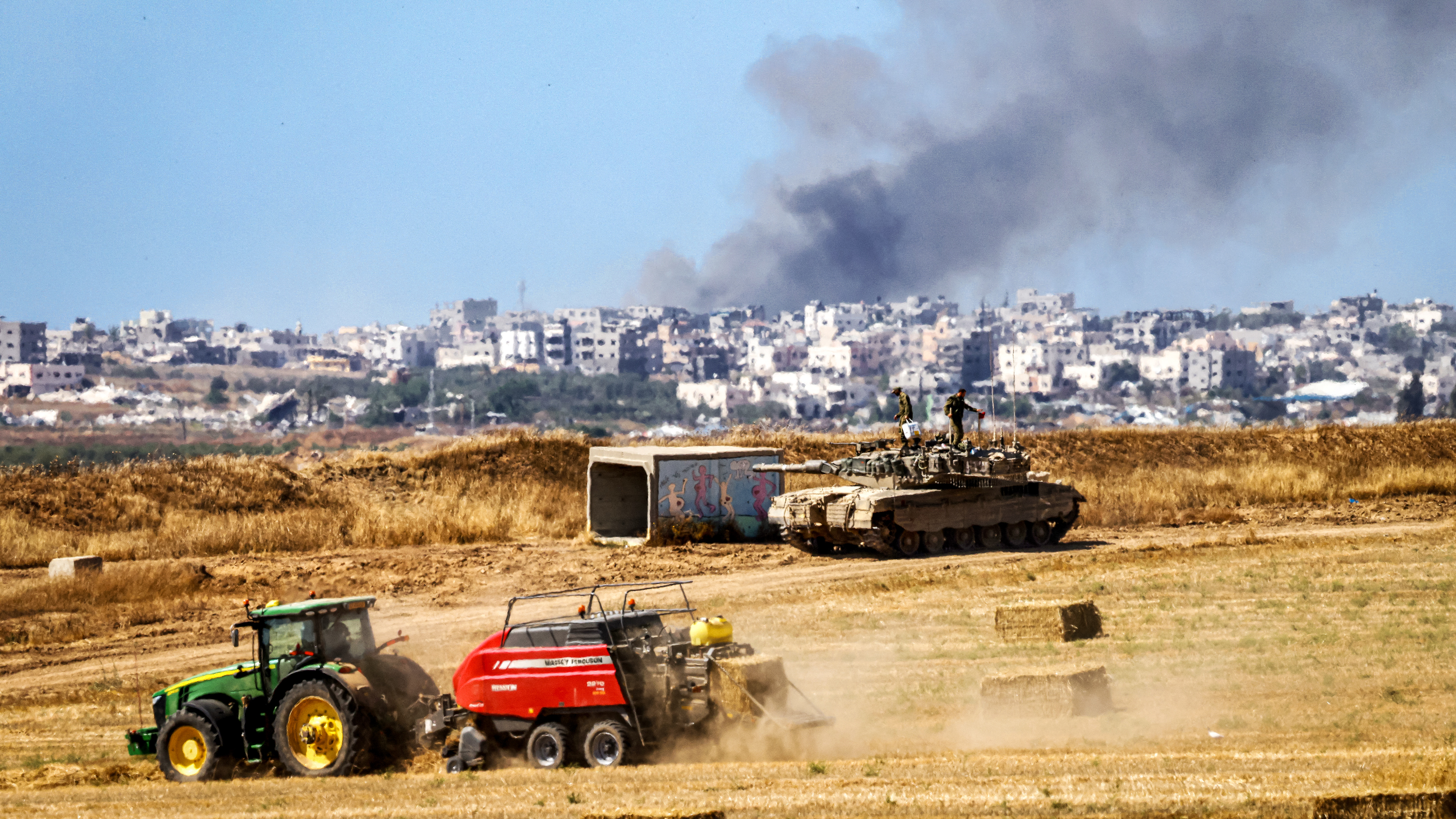News Analysis
More than a year into the most expensive war in Israel’s history, the nation’s leaders are eyeing the economic toll while cautiously finding some good news.


More than a year into the most expensive war in Israel’s history, the nation’s leaders are eyeing the economic toll while cautiously finding some good news.